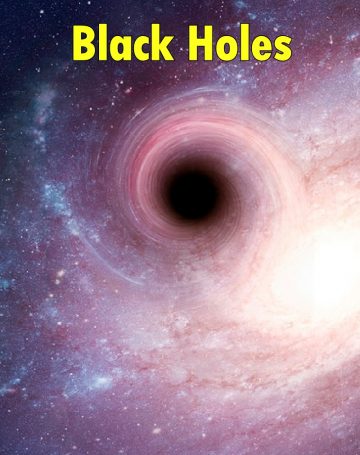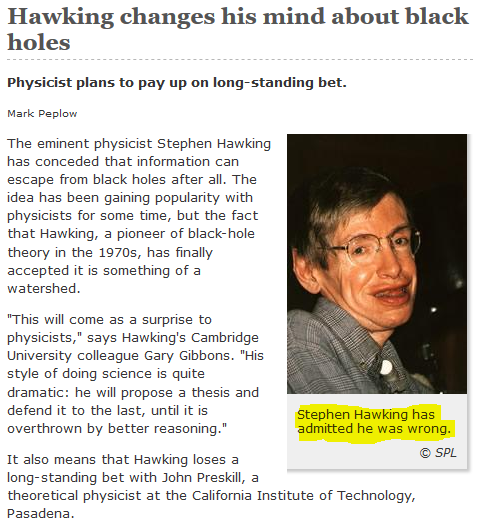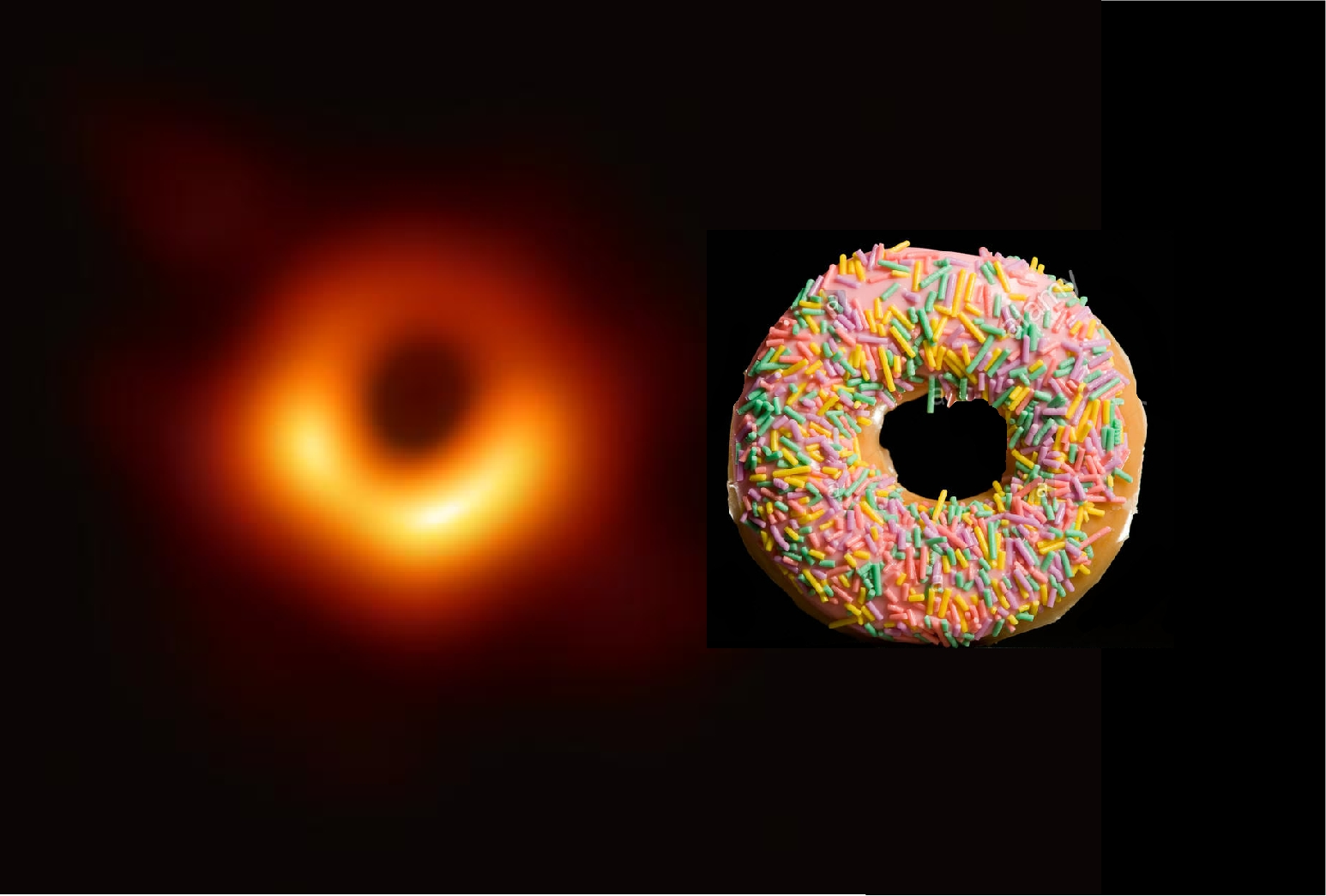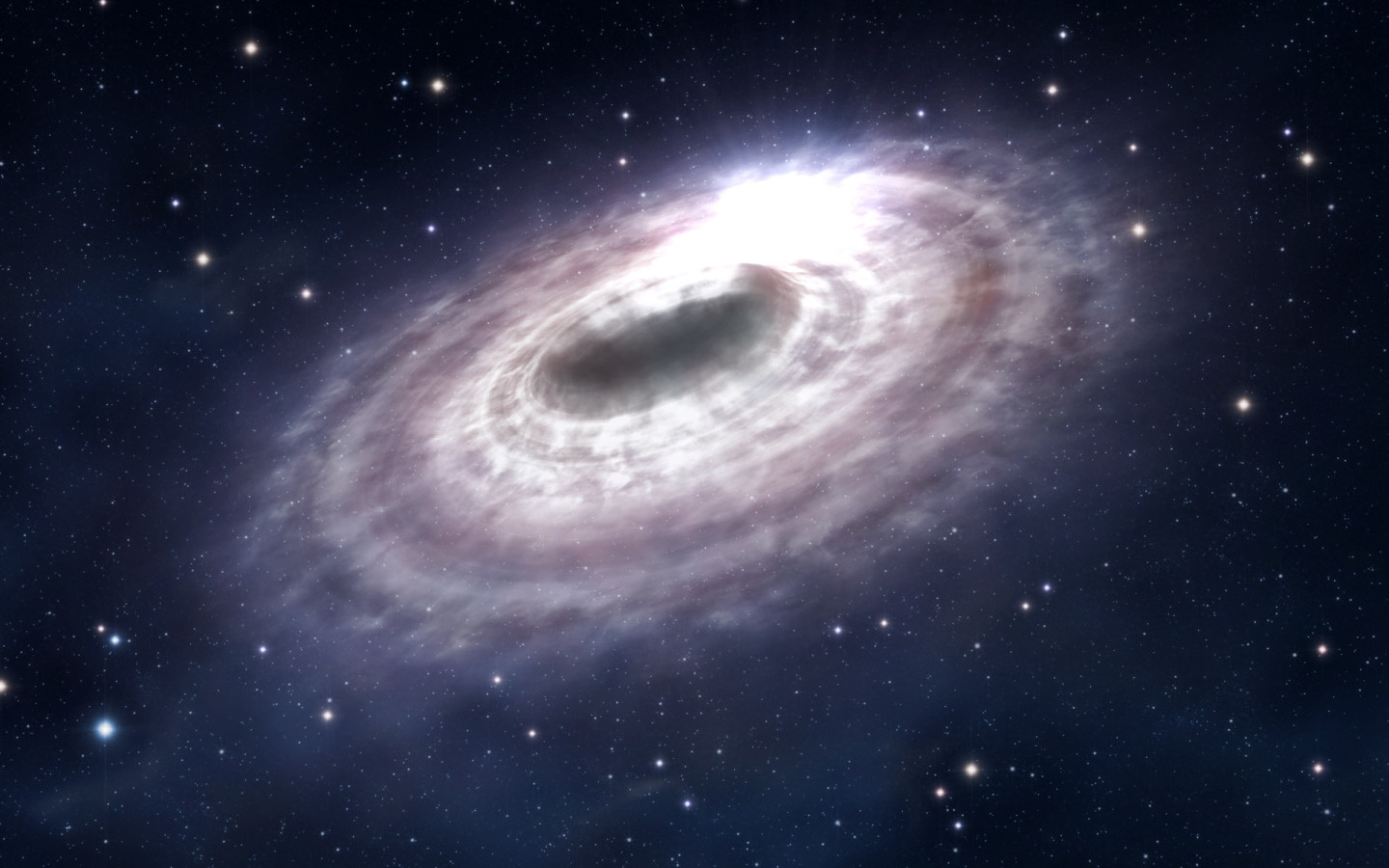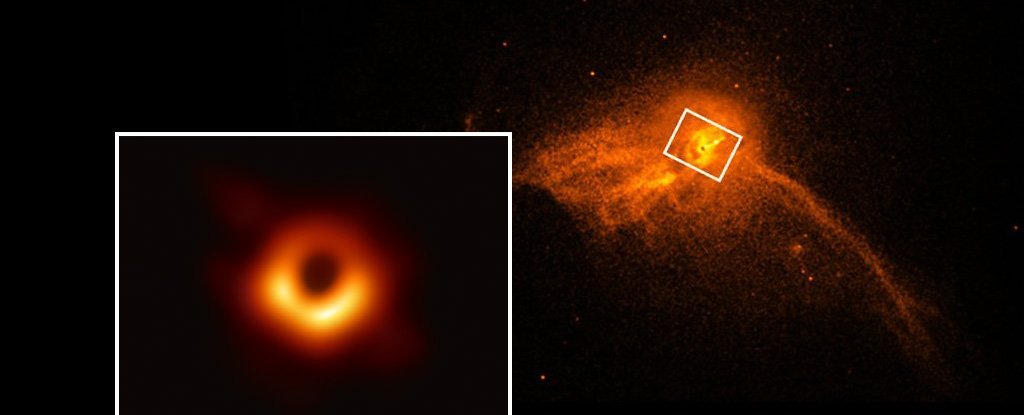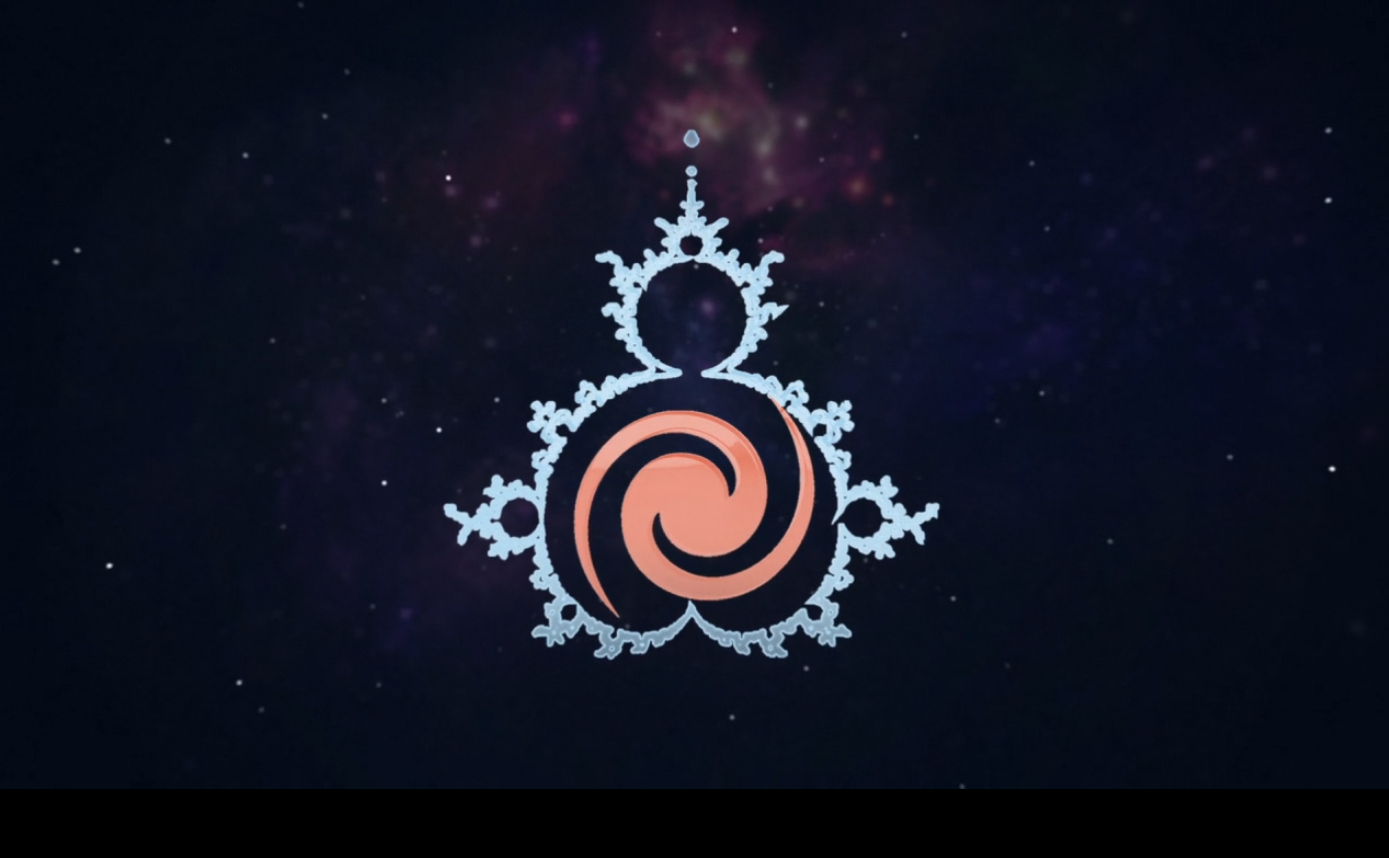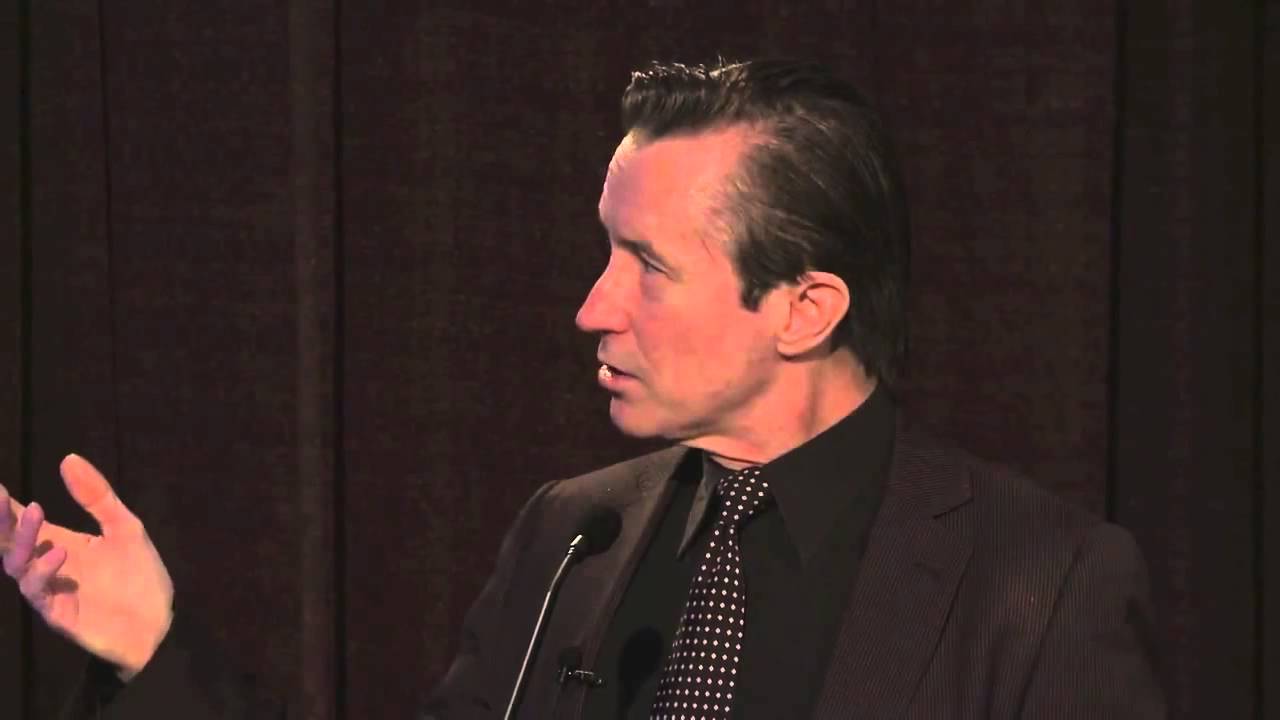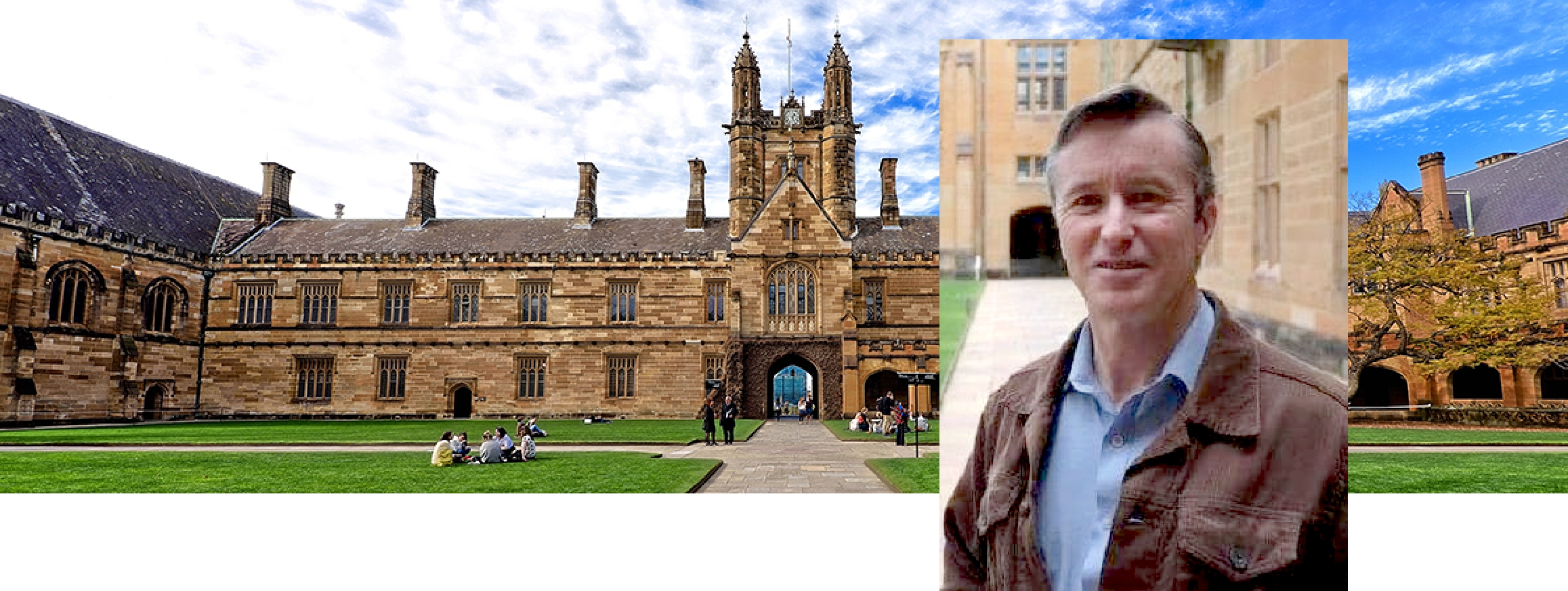Problems in Mainstream Science
It is a fact that there are very dense objects in the universe. There is one in the center of our galaxy that makes stars orbit around it. We can’t see black holes because they supposedly have such great gravity, that not even light escapes.
What is in dispute is exactly what these objects are. Big Science talks about black holes in very mathematical terms and has over the years, created many problems with their “theoretical models”. The critical thinkers today outside of Big Science agree there are very dense objects in the universe, but they are not black, and they are not holes.
Even Stephen Hawking, considered one of the foremost experts on the theory of black holes, admitted that after 30 years of working on the theory of black holes, that he was wrong about their nature:
Yet, it is another Stephen that is really shaking things up. His name is Stephen Crothers. And this Stephen was so threatening to the black hole community he was thrown out of the university in Australia for wanting to challenge the mathematics of black holes.
Most critical thinkers outside of Big Science agree that black holes are very dense, but the current model is greatly flawed including – and that includes others who are not named “Steve”.
![]()

